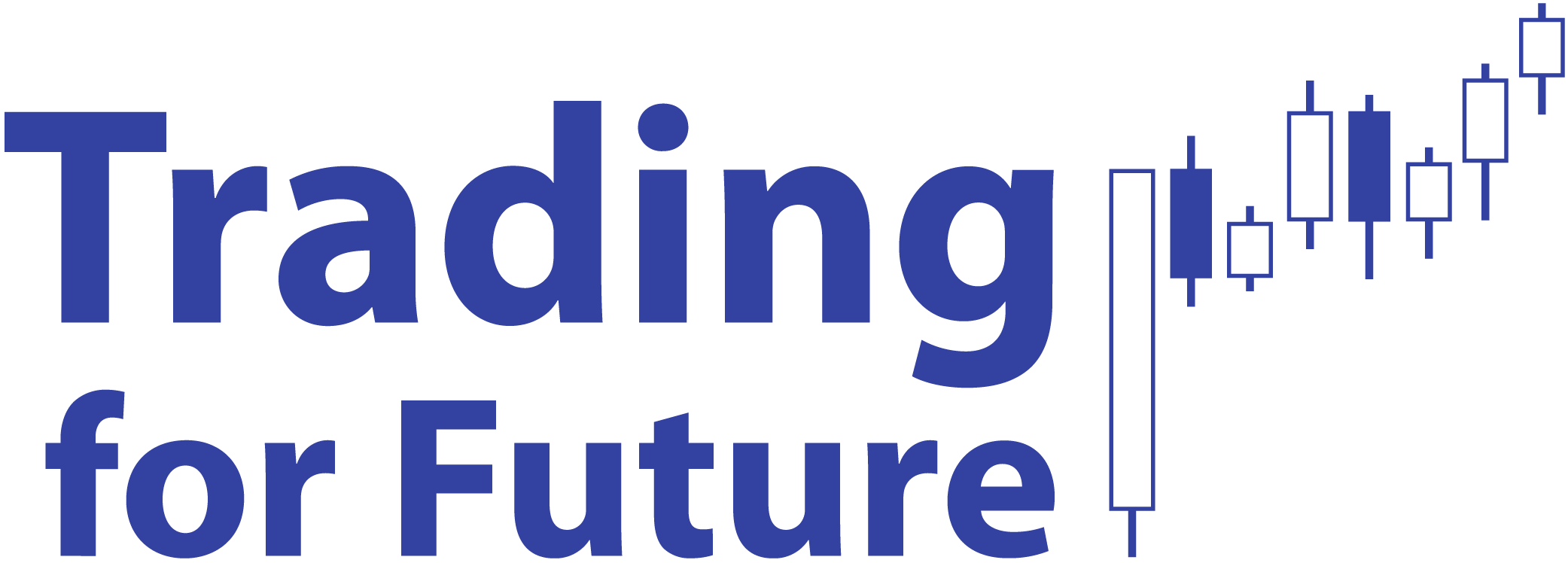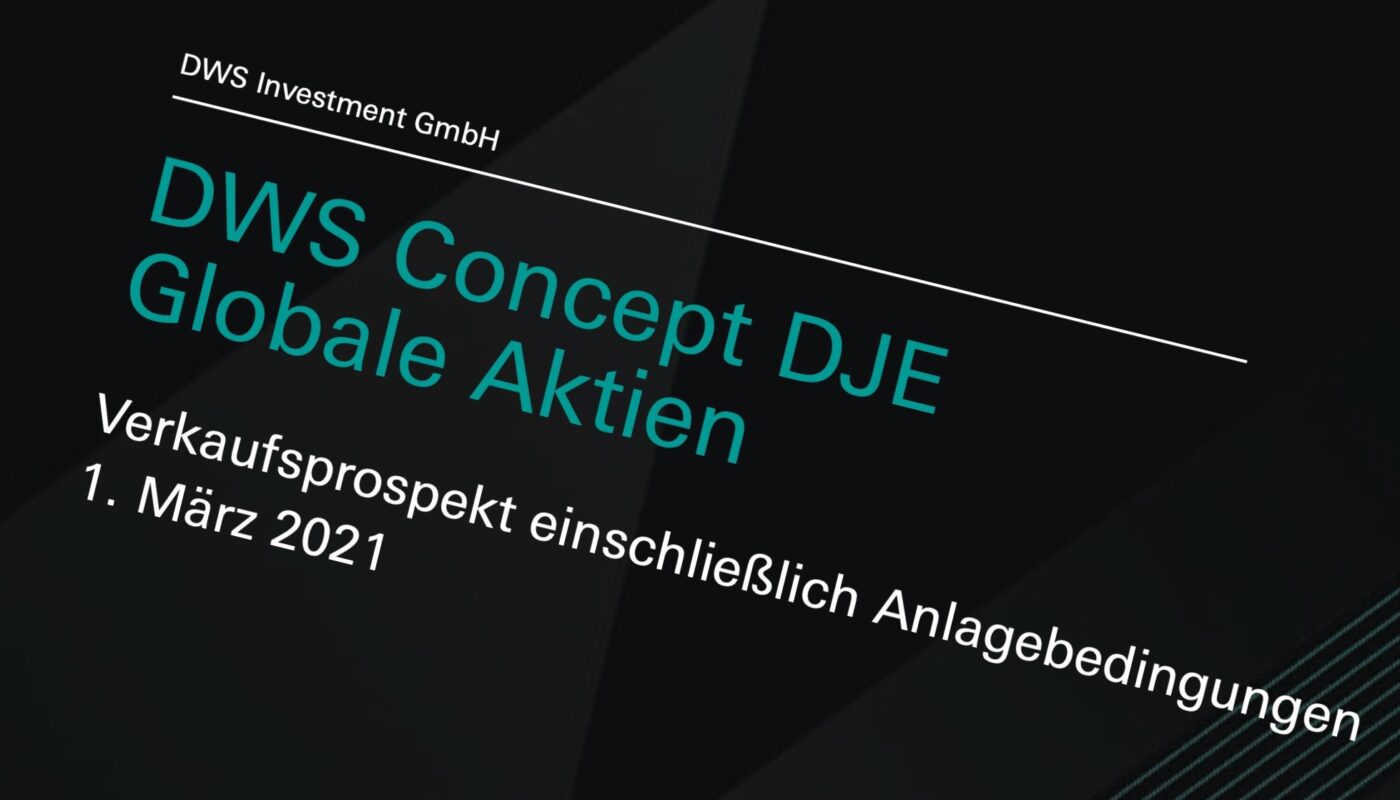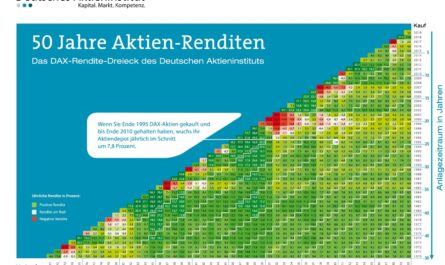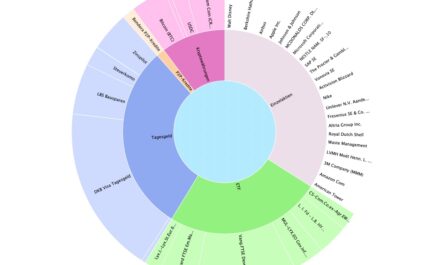In Germany, bank advisors enjoy the greatest trust among the population, along with doctors and tax advisors. No wonder, after all, people entrust them with their entire assets and commission them to carry out money transactions. In theory, they know who we work with, how much we earn and what we spend our money on. Even our own retirement planning is placed in their hands.
But banks are not benefactors either and have to make profits in order to offer their services or pay their employees. The fact that they do not always act in the best interests of their customers and sometimes sell overpriced financial products has been reported on several occasions in this blog. In order to find out whether one’s own bank advisor really means well with one and does not only exclusively represent the interests of his superior and employer, one must ask him the right questions.
Usually a larger amount on the account is already sufficient, in order to be called by the advisor of its house bank. The advisor will then quickly come up with the right financial product so that the money doesn’t languish in the checking account without interest. Or in addition it is sold extra to the soccer world championship in Germany a completely special product, which promises still higher interest rates and a rearrangement of the investment of funds made necessary – in such a way happened few years ago in the close family circle.
If you ask the right questions, you can quickly find out whether the offer is a good one, even without financial knowledge.
Three important questions for the bank advisor
Question #1: Do you have the product yourself? How do you invest your money?
Anyone who is even superficially concerned with the subject of finance and investment knows that the lowest possible fees and broad diversification, as well as continuous saving, preferably via monthly plans, are the best for one’s own financial investment. Of course, bank advisors also know this and should therefore only have appropriate products in their own portfolio.
Anyone who questions why the bank advisor does not invest in the offered product himself should have good arguments put on the table and then make up his own mind from this.
Question #2: There are thousands and thousands of financial products, why this one?
Often, the individual branches of a large bank have to achieve certain sales targets and therefore need the highest possible closing figures. Therefore, in order to maintain these, new products are constantly being touted and sold. Maybe it was decided in the last sales meeting that the bank employees should sell exactly this product a few more times?
To find out, you should ask your bank advisor why he wants to sell you exactly this financial product, when there are thousands of other financial products or even funds. What data are the recommendations based on? Good arguments must also be provided here.
Question #3: What will my signature cost me?
We have already reported several times in this blog that high fees such as issue surcharges, trading costs or custody account management fees can have a very large impact in the long term. With an investment sum of 100,000 euros, even supposedly low percentages can quickly add up to large sums over decades. Banks in particular are extremely creative when it comes to fees, the advisor is probably paid by commission and only earns through deals, which can even represent a conflict of interest.
Anyone who asks for a specific figure will probably question the subsequent result even without financial knowledge.







